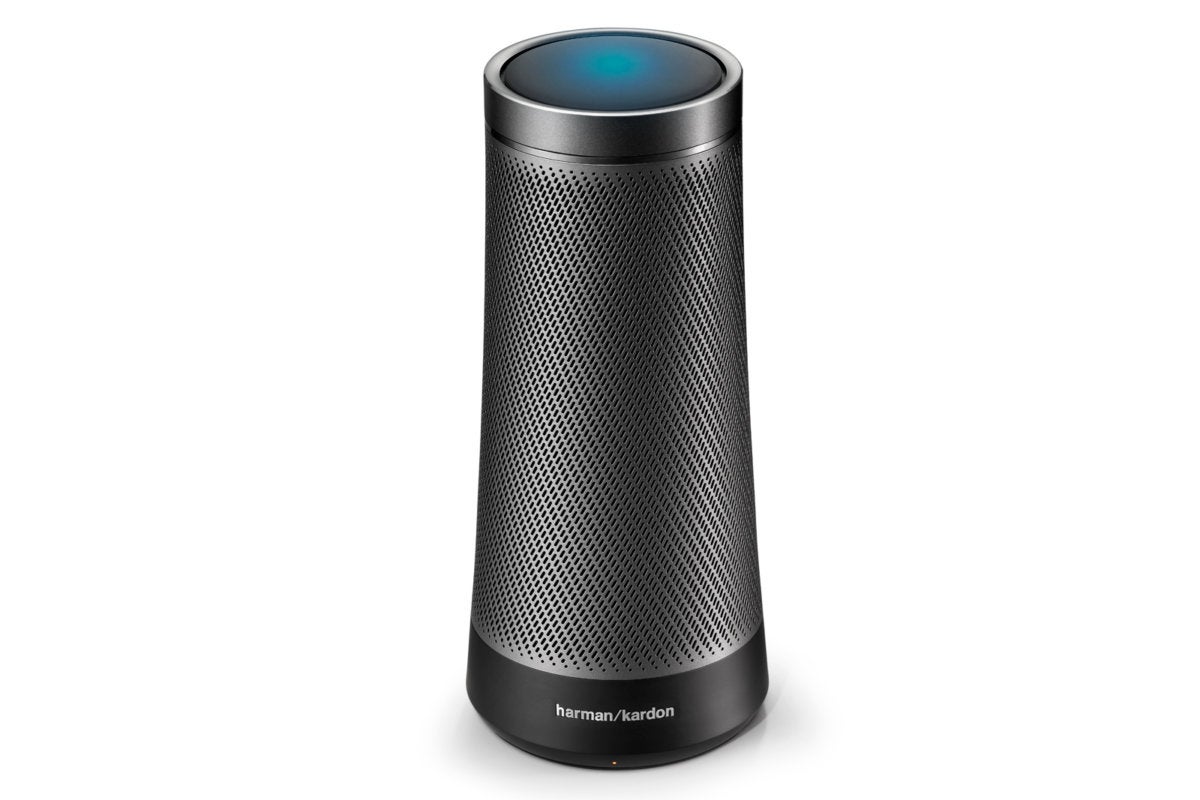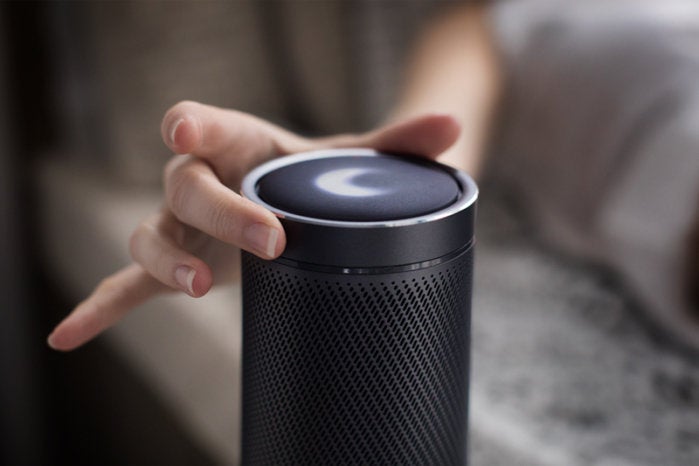So much for Cortana as a smart home platform.

Harman Kardon
Today’s Best Tech Deals
Picked by TechHive’s Editors
Top Deals On Great Products
Picked by Techconnect’s Editors
Cortana is continuing its slow fade with word that the Harman Kardon Invoke, the final smart speaker powered by Microsoft’s once-promising voice assistant, will disable it with an impending update.
Slated for release on Wednesday, the previously announced update will essentially turn the Invoke into a “dumb” Bluetooth speaker, Paul Thurrott reports.
An FAQ on Karman Kardon’s support site says the update will install itself silently in the background over Wi-Fi. Once the update is applied, the speaker will no longer respond to “Hey Cortana,” nor will it connect to Wi-Fi anymore.
Microsoft says it will give anyone with an “active” Invoke a $50 gift card in compensation for the lost functionality.
 Harman Kardon
Harman KardonThe Invoke’s upcoming update will disable Cortana, turning the smart speaker into a dumb one and effectively ending Cortana’s run as a smart home platform.
In our 2017 review of the Invoke, we called it “pretty good” but “too immature” to recommend, partly due to our doubts about Cortana’s viability in the face of Amazon’s Alexa “juggernaut.”
The writing has long been on the wall for Cortana. Microsoft’s voice assistant launched great fanfare back in 2014 but was quickly eclipsed by the likes of Alexa and Google Assistant. By 2019, Microsoft CEO Satya Nadella was already making noises about changing course with Cortana.
The other shoe dropped a year later, with Microsoft announcing that it would end support for third-party Cortana skills and drop the Cortana apps for iOS and Android. In the same announcement, Microsoft said it would also pull Cortana from the Invoke smart speaker and from its own Surface headphones.
The move effectively ends Microsoft’s attempt to turn Cortana into a smart home platform, but Cortana isn’t quite dead, or at least not yet.
Instead, Microsoft said Cortana would “shift toward a transformational AI-powered assistant experience in Microsoft 365.”
That means—yes, you guessed it—Cortana is turning into a glorified version of Clippy.
Note: When you purchase something after clicking links in our articles, we may earn a small commission. Read our affiliate link policy for more details.
Ben has been writing about technology and consumer electronics for more than 20 years. A PCWorld contributor since 2014, Ben joined TechHive in 2019, where he covers smart home and home entertainment products.

